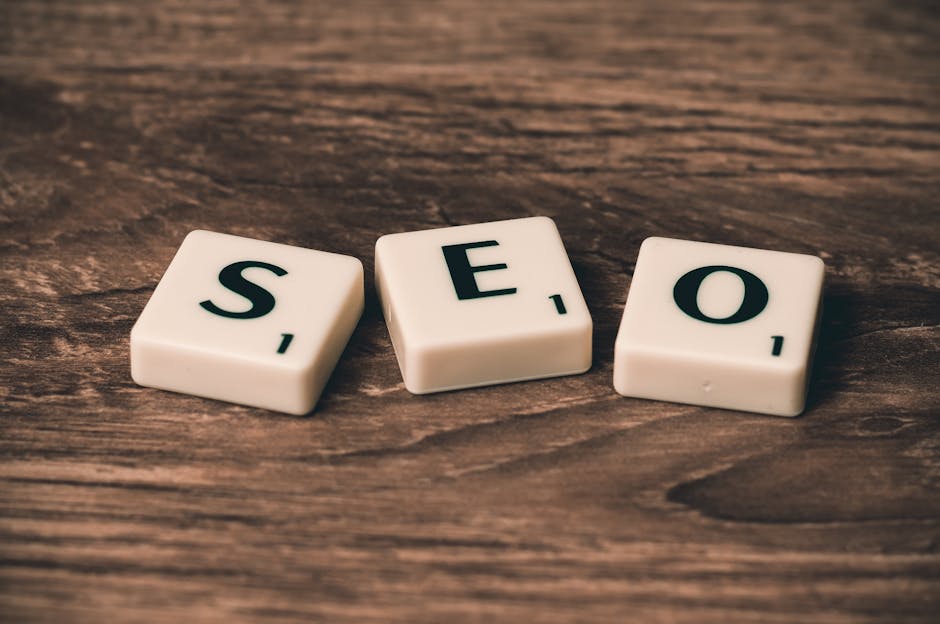Advertising is an omnipresent force in our society. From the billboards we pass on our daily commute to the social media ads that follow us online, it is impossible to escape its reach. But what is advertising, and what are its effects on us as consumers?
Advertising is a form of communication that aims to persuade an audience to purchase or support a product, service, or idea. It employs various techniques to capture attention, create desire, and ultimately drive action. These techniques can range from emotional appeals to logical arguments, and from humorous to fear-inducing messages.
Advertising can be a powerful tool for businesses. By effectively communicating the benefits of their products or services, advertisers can increase brand awareness, generate leads, and drive sales. However, advertising can also be a double-edged sword. When it is unethical or deceptive, it can mislead consumers and undermine trust.
One of the key concerns about advertising is its role in promoting consumerism and materialism. By constantly bombarding us with messages about the latest and greatest products, advertising can create a sense of dissatisfaction and encourage us to spend beyond our means. This can lead to a number of negative consequences, including debt, stress, and environmental degradation.
Another concern is the use of advertising to target vulnerable populations, such as children and the elderly. Children are particularly susceptible to advertising because they are less able to distinguish between fact and fiction. This can lead to them being manipulated into buying products they don't need or making unhealthy choices.
Finally, advertising can also contribute to the spread of harmful stereotypes and biases. By portraying certain groups of people in a negative or inaccurate light, advertising can reinforce existing prejudices and make it more difficult for marginalized groups to achieve equality.
It is important to be aware of the power and potential pitfalls of advertising. By understanding how advertising works, we can be more discerning consumers and make choices that are in our best interests. We should also support regulations that protect consumers from deceptive advertising and promote a more ethical and responsible advertising industry.
In conclusion, advertising is a complex and multifaceted phenomenon that can have both positive and negative effects on society. By being informed and critical consumers, we can harness the power of advertising for good while mitigating its potential harms.
